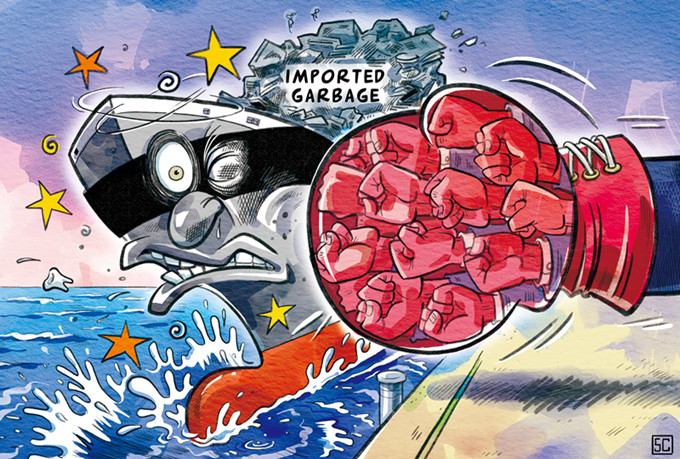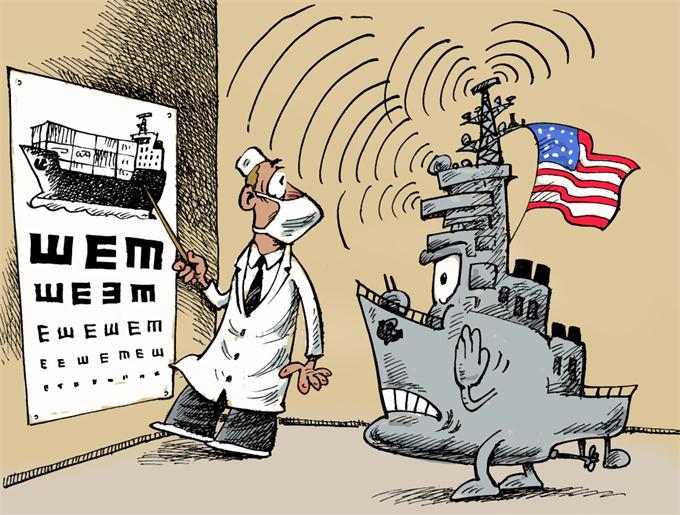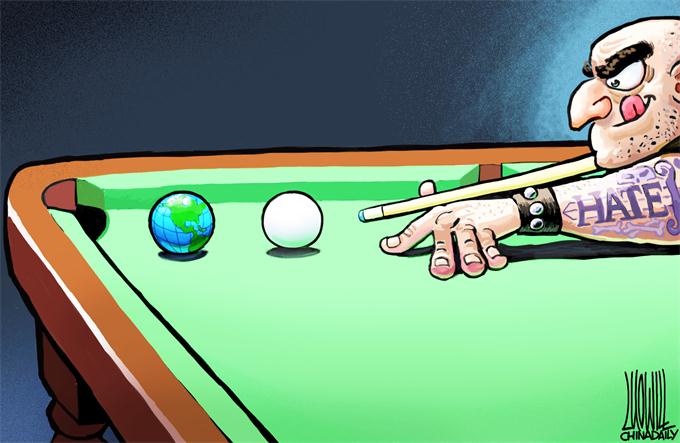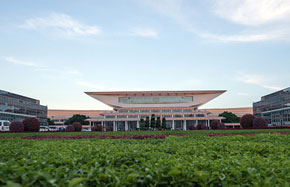Peninsula needs cooperation, not missiles, to restore peace
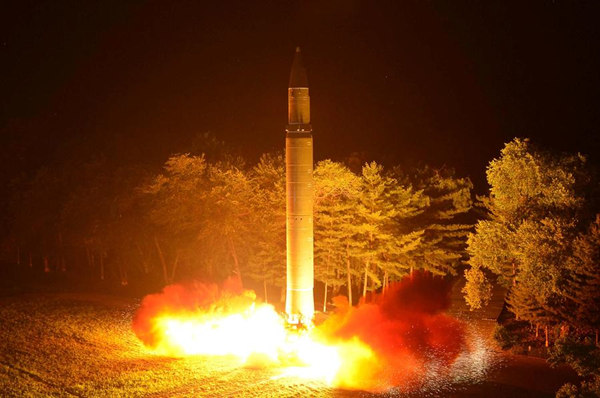 |
|
Intercontinental ballistic missile (ICBM) Hwasong-14 is pictured during its second test-fire in this undated picture provided by KCNA in Pyongyang on July 29, 2017. KCNA via Agencies |
Whatever be its intended message, Pyongyang's latest provocation is in clear violation of United Nations resolutions, which could put it in a more difficult position.
It will not be easy to reason Pyongyang out of its nuclear and missile programs, especially because the DPRK, of late, has been reiterating it must press ahead with them at all costs. Divergences among stakeholding countries have given the DPRK ample breathing space to continue its nuclear/missile adventure. Pyongyang obviously believes that will not change.
But Pyongyang would commit a grave mistake by refusing to see that each of its new provocations is alienating it further from the international community. The UN Security Council has passed a number of resolutions aimed at nullifying the DPRK's nuclear/missile adventure because it perceives in it a big threat. The latest, Resolution 2371, which imposes the harshest sanctions on the DPRK, indicates a higher level of consensus on that threat.
However, it would be unfair to dump all the blame on Pyongyang alone. Washington, Tokyo and Seoul each has its own fair share in creating what Pyongyang sees as a threat to its very existence.
Beijing has been consistent in calling for due respect for Pyongyang's security concerns, and for the US-Japan-ROK alliance to provoke the DPRK no further. It has rightly called for "dual suspension"-Pyongyang suspends its nuclear/missile activities while Washington and Seoul suspend their large-scale military drills- to break the deadlock, which none of the three has responded to.
But Beijing's latest warning that tensions on the Korean Peninsula have reached "tipping point" should not be taken as one meant just for Washington and its allies-Pyongyang deserves no cover for continuing to throw cold water on the international community's efforts to denuclearize the peninsula.
Considering the longstanding, unchanged script of the protracted drama, the "tipping point" may not necessarily materialize any time soon. More likely than not, a short interval of relative ease will follow, until Pyongyang launches another ballistic missile, or conducts another nuclear test.
The international community may remain helpless while Pyongyang steadily strengthens its capabilities, but Pyongyang will find the screw of sanctions tightening- until the threat gets too real, too devastating to be tolerated, or the sanctions too severe to endure.








